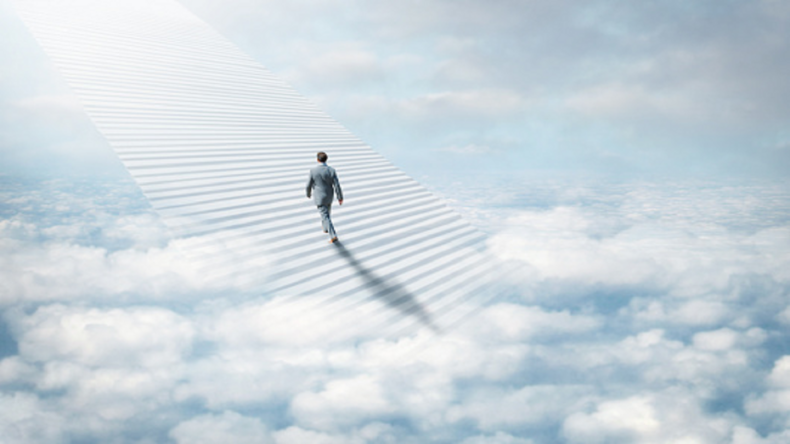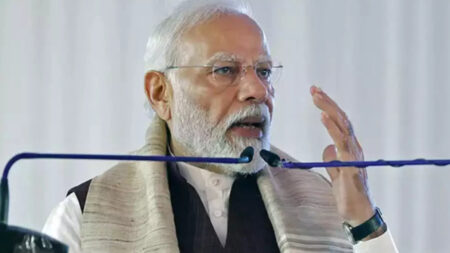No one can ever prove with certainty what happens after we die. Does life after death exist? Or is our life on earth just temporary? And there’s no shying away from this situation; sooner or later, all of us are gonna die.
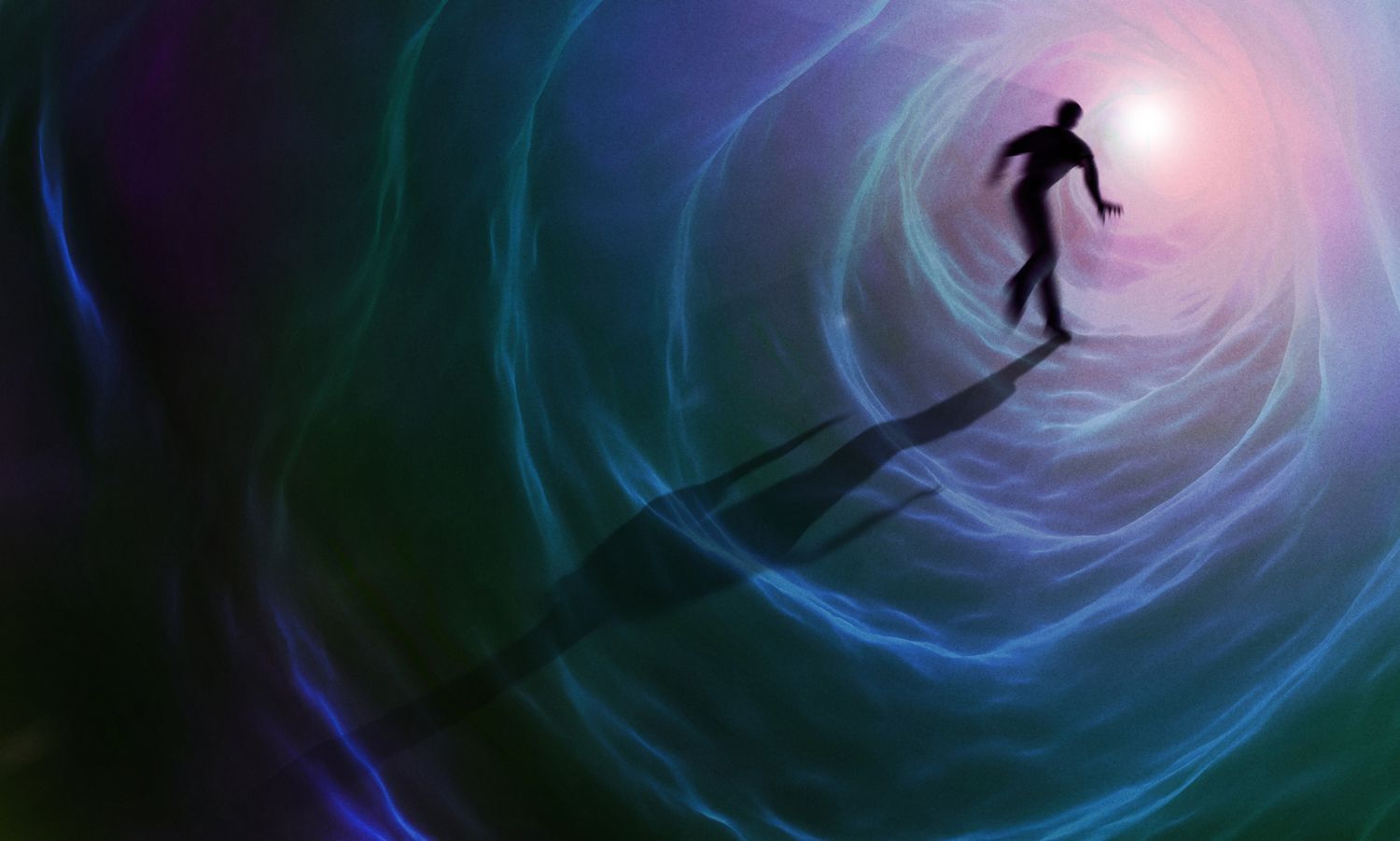
A study suggested that 72% of Americans believe in an afterlife. Even in Hindu mythology, people believe that the “atman” enters “swarg” or “narak,” i.e., heaven or hell, respectively, for a period before rebirth.
Scientists have proposed a theory that death is just a figment of our imagination as it has no definitive boundaries and is, therefore, isn’t real.
Death and the possibility of the afterlife have been a subject of fascination for artists, philosophers, and scientists from time immemorial.
The question about the afterlife becomes secondary when we witness an even more important question: does knowing about the afterlife help us lead better lives, or will it hinder our lifestyle?
The belief in “Moksha”:
In Hindu mythology, it is believed that living life as directed in the scriptures will lead to ultimate “moksha” or “nirvana.” And performing “Paap” or sins will end up with a person in hell, burning in a fiery pit of coal.
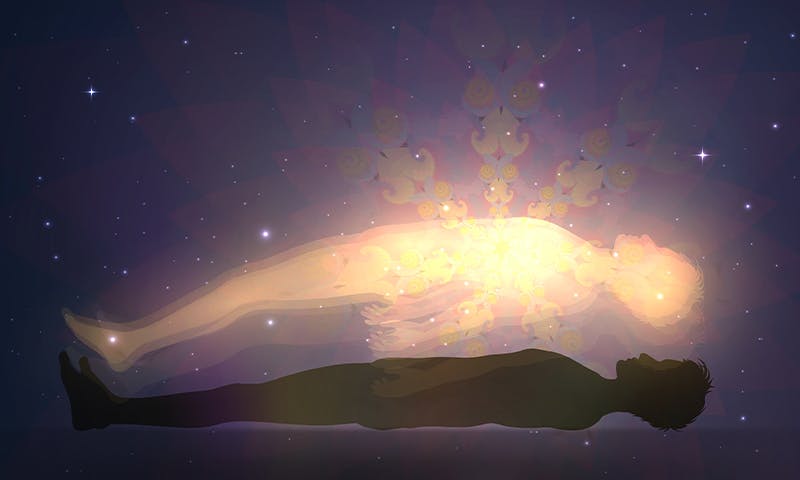
But, afterlife does death exist? Or is it all in our heads? Just like we believed for centuries that the world isn’t round and the sky is blue?
Generally, for most people, the process of death starts when the heart stops beating, breathing slows, and the muscles become tense. Do we teleport to the other side after that? Or is there a blind spot till we reach the other side?
There have been thousands of reports of people being brought back to life from this blind spot.
A study called AWARE interviewed cardiac arrest survivors, and they reported seeing and hearing events that led to their resuscitations. Will it be called a bringing back to a life event?
Our brain remains active even 10 minutes after our death, which in turn keeps our sensory organs active. Thus, we can have a near-death experience and hear our folks cry even afterlife we die.
Some people have reported the feeling of flying outside their bodies while being tied to an invisible string.

Can we communicate with the dead?
Several people across the globe have described a period or incident in which they communicated with their proximate peers after they died.
Ever heard of an Ouija Board? Well, for those who haven’t, the Ouija board helps send signals to our dead friends and family members to converse or transfer a message to them if they exist on the other side.
People in India have witnessed that their relatives become distant from them after death, and they lose ties to earthly bonds and relations.
While others have talked about their dead relatives as their guardian angels who always have their back and protect them.
Nowadays, we have infrared photography to prove the validity of a hypothetical spiritual encounter. Nevertheless, some people find it satisfying to believe that they communicated with their loved ones after they died.
Since there is no proof of even a denial of the afterlife, anything can be true.
Encountering the original question, does know about what happens after we die to help us in any way? The answer to this question may be subjective, but one thing is quite clear.
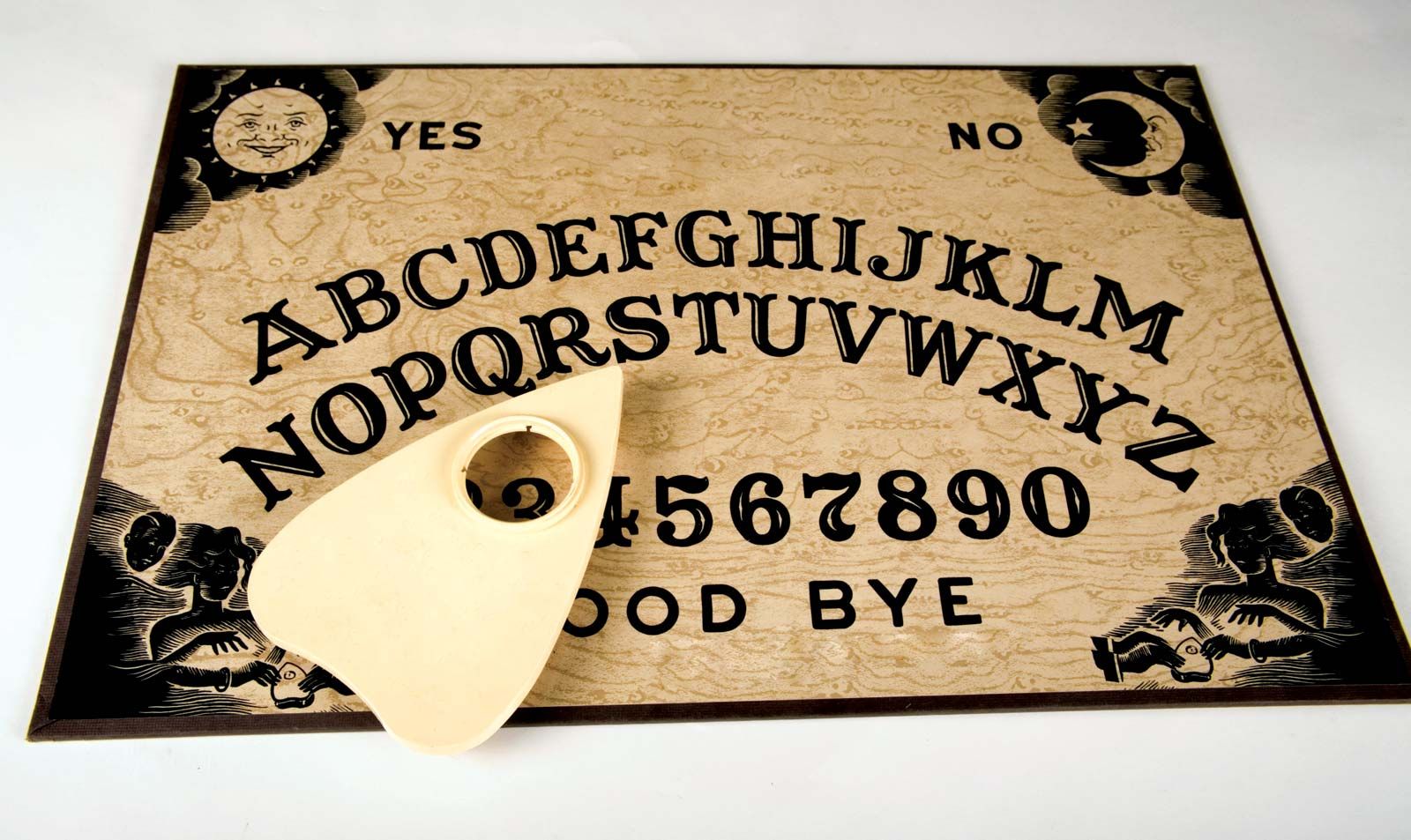
Nature has provided us with enough information which is necessary for the survival of human beings.
So, maybe the omitted information or knowledge is not essential for us to know, and it may change the course of our lives negatively.
We talk about living for the little things; what would happen if we knew the bigger picture? Think for yourself, how often have you lost interest in a game that you found out was fixed even before it was played?
One short sleep past, we wake eternally,
And death shall be no more; Death, thou shalt die.
– John Donne







